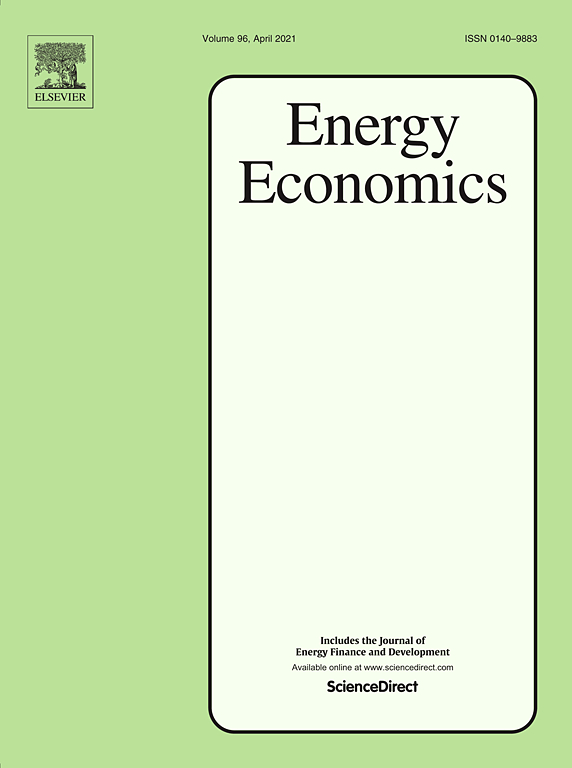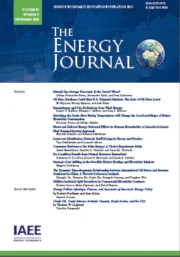This study examines the impacts of the population age groups of 20-34, 35-49, 50-64 and 65-79 on the per capita energy use of the oil-exporting countries of Commonwealth Independent States: Azerbaijan, Kazakhstan and Russia employing the modified-STIRPAT framework. Considering that estimations using non-stationary data may yield spurious results, unlike many prior STIRPAT studies, we explore integration and cointegration properties of the data and then estimate long- and short-run elasticities as well as speed of adjustment coefficients. Since our time series analysis covers only 23 observations (1990-2012), as a robustness check, we also conduct panel data analysis by pooling the mentioned countries data with that for members of Organization of Petroleum Exporting Countries. We apply the Autoregressive Distributed Lags Bounds Testing approach in the time series analysis and Pooled Mean Group estimator in the panel analysis, both are superior in small samples. The findings from the time series analysis are supported by those from the panel data analysis. According to the results, there is cointegrated relationship among the variables. The age groups together with affluence and oil prices have statistically significant impacts on the per capita energy use in the selected countries. Moreover, we find the speed of adjustments exhibiting different magnitudes for different countries depending on which population age group is considered. The findings suggest that policymakers should pay special attention to the population age groups of 35-49 and 50-64, as they have a large effect on per capita energy use. Since these groups are the main part of the working age population, increase in their energy consumption is likely to lead to economic growth. Furthermore, the policymakers should take into consideration the finding that speed of adjustments towards an equilibrium path is quite high. It implies that any policy related shocks to the per capita energy use relationship could disappear within a year or even sooner. © 2015 Elsevier B.V.

Senior Principal- Energy Macro & Microeconomics
Fakhri Hasanov is a senior principal and leads the KAPSARC Global Energy Macroeconometric Model projects with 20+ years of experience…
Fakhri Hasanov is a senior principal and leads the KAPSARC Global Energy Macroeconometric Model projects with 20+ years of experience in econometric modeling and forecasting. Since 2015, he has been involved in multistakeholder projects, leading and executing macroeconomic analysis of various policy choices and initiatives (e.g., energy prices, energy demand, and fiscal reforms) for the Kingdom’s economy. He has extensive experience working with policymakers. Prior to KAPSARC, he was a post-doc at George Washington University. His research mainly covers macro-econometric modeling for energy and environmental economics policy analyses. Dr. Hasanov has authored 50+ applied studies published in reputable journals such as Energy Policy, Energy Economics, Empirical Economics, and Energy Strategy Review. His research is recognized internationally (e.g., he is listed among the top 2% of scientists globally by Elsevier). Fakhri is an editorial board member of various peer-reviewed journals, such as Frontiers in Environmental Science. He holds a Ph.D. in econometrics.
Expertise
- Econometric modeling and forecasting
- Time series and panel data econometrics
- Macroeconometric models for policy analyses
- Energy economics
- Environmental economics.
Publications See all Fakhri Hasanov’s publications

Evaluating Hypothetical Carbon Pricing for Saudi Arabia Using a Macroeconometric Modeling Framework
This study examines the impacts of the population age groups of 20-34, 35-49, 50-64 and…
16th April 2025
The Role of the Petrochemical Sector’s Exports in the Diversification of the Saudi Economy. A Scenario Analysis of the Foreign and Domestic Price Shocks
This study examines the impacts of the population age groups of 20-34, 35-49, 50-64 and…
4th February 2025